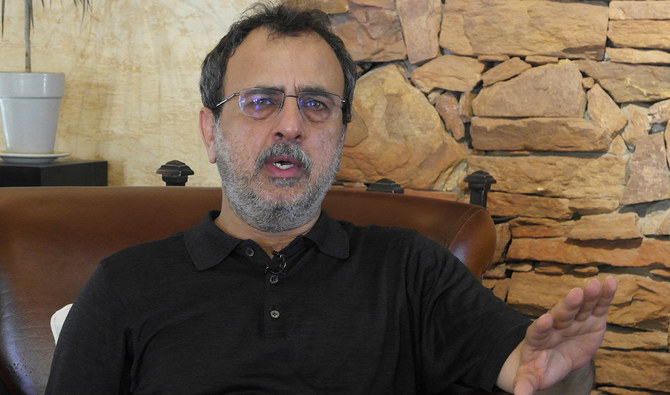ISLAMABAD: Minister for Power Sardar Awais Khan Leghari announced on Saturday that the government has successfully saved Rs1 trillion by renegotiating agreements with Independent Power Producers (IPPs).
He attributed this achievement to a collaborative “whole-of-government” effort, supported by Army Chief General Asim Munir.
Speaking at a press conference about the power sector’s nine-month performance, the minister said agreements with 16 IPPs will be finalized soon. He added that contracts with five IPPs were terminated, saving Rs411 billion, while settlements with eight bagasse-based IPPs will save Rs238.224 billion.
The minister shared that renegotiating contracts with 16 more IPPs is expected to save Rs481 billion. Talks with Chinese IPPs have also begun, except those linked to nuclear plants, and re-profiling the debt of one nuclear plant has already reduced tariffs by Rs1.5 per unit.
Responding to a question, he stated that the solar net metering buyback rate will be lowered to ensure consumers recover their investments within four years. “The net metering buyback rates will be reduced soon, as other paying consumers are currently carrying a financial burden of Rs150 billion,” he explained.
On privatisation, the minister revealed that IESCO, GEPCO, and FESCO will be privatised by 2025. Amendments approved by Nepra with a majority vote will be withdrawn, and reforms will be introduced in the regulatory authority.
He noted the government has filed a review motion with Nepra regarding KE’s tariff determination for the next seven years, terming the requested rates unfair. “We hope Nepra will consider our review, as Rs10 per unit increases would negatively impact consumers,” he added.
The minister highlighted a drop in electricity prices, with the average rate falling from Rs48.70 in June 2023 to Rs44.04 per unit. Industrial rates also decreased from Rs58.5 to Rs47.17 per unit during the same period.
He announced that cross-subsidies worth Rs150 billion for industries have been removed to boost growth and job creation. The transmission system is being upgraded, with NTDC divided into three entities, and projects like the South-North transmission corridor and a Battery Energy Storage System are in progress.
On reforms, he stated that Discos are moving towards privatisation or concession models, and independent boards have been appointed. Debt restructuring efforts aim to shift circular debt costs to the national budget, reducing electricity bills.
He also mentioned that IGCEP 2024-34 would soon be finalised, focusing on adding energy on a least-cost basis. The government is converting 27,000 agricultural tube wells in Balochistan to solar power, with costs shared between federal and provincial governments.
The Bijli Sahulat Package offers discounted tariffs, providing savings for households, businesses, and industries. Plans are underway to auction redundant generation assets and introduce special EV tariffs to promote sustainability.
The minister criticised Discos’ low recovery rates, which contribute to Rs250 billion in losses, and noted that circular debt, now at Rs2.2 trillion, raises electricity costs. He also acknowledged support from Army Chief General Asim Munir and Lt General Muhammad Zafar Iqbal in renegotiating IPP deals.




